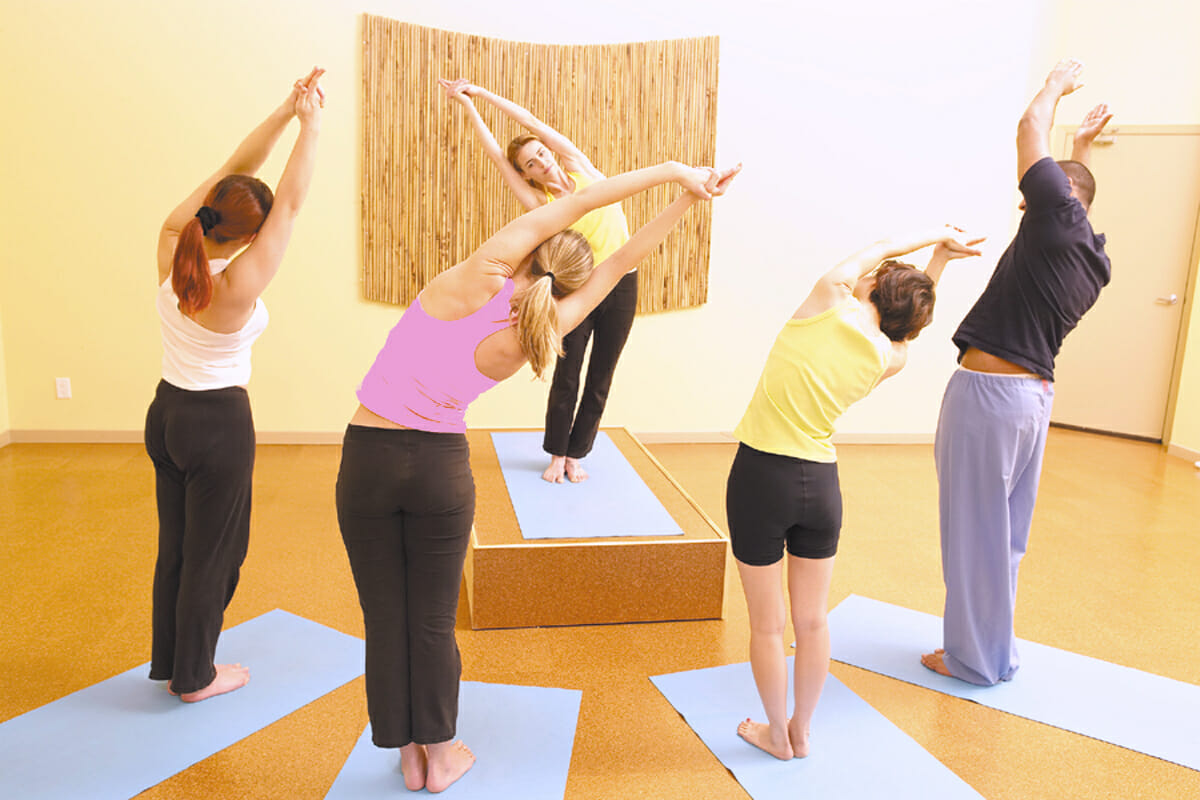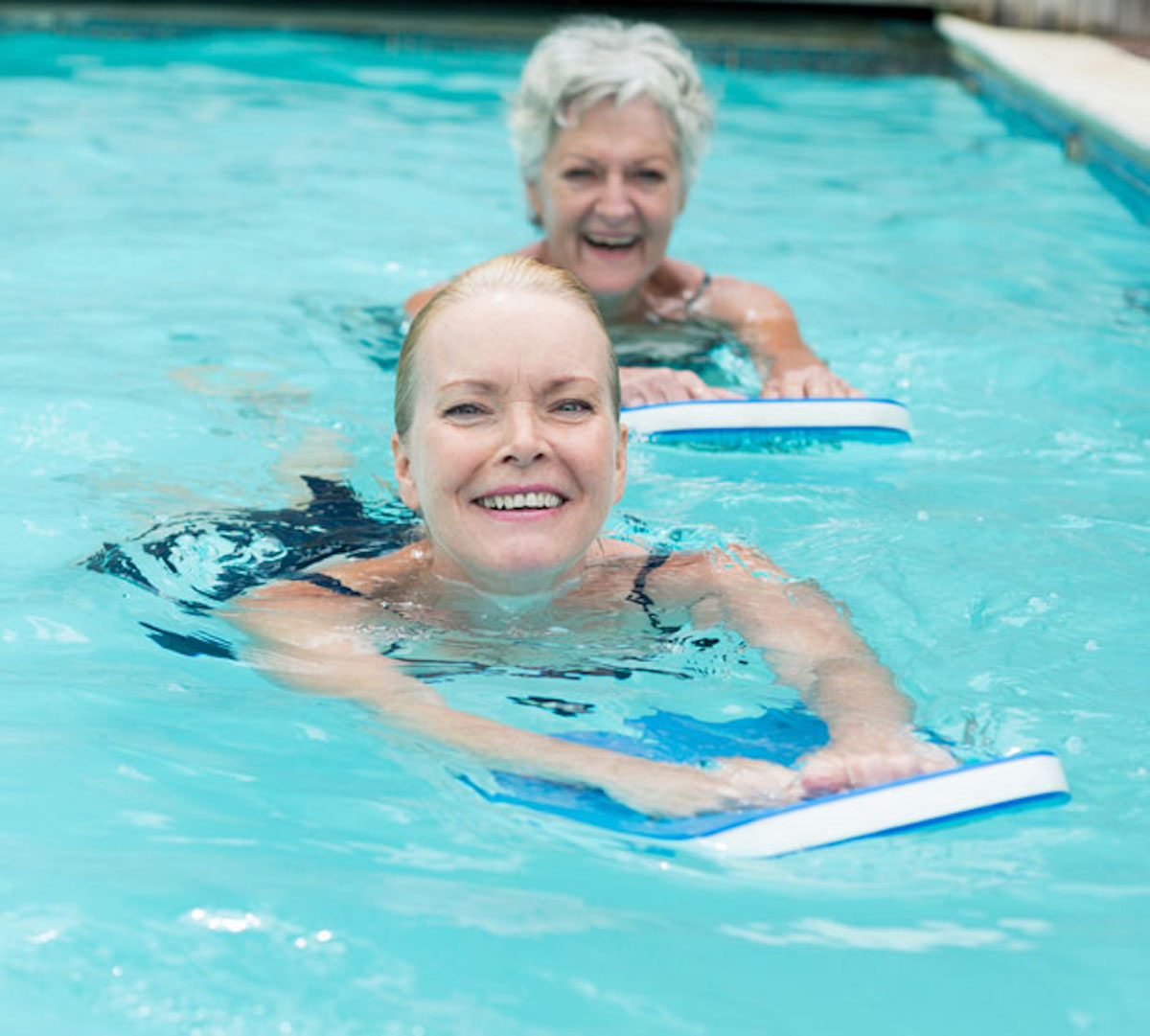Now that the temperatures are dipping into the cold zone, more people are turning to space heaters to keep warm, which can be dangerous if they are not used correctly.
In fact, according to the U.S. Consumer Product Safety Commission, more than 25,000 residential fires are associated with the use of space heaters every year.
“I think it’s very important for people to be careful when they use space heaters. They’re necessary, they’re safe, but like with everything else, they need to be used properly in order to be safe,” said Baruch Fertel, MD, emergency medicine physician for Cleveland Clinic.
Dr. Fertel said if you have to use a space heater, make sure it’s on a low, flat surface. Some brands even sell ones that have a tip-over safety switch that will automatically shut off if it gets knocked over.
Space heaters should also be set up at least three feet away from any flammable items, like curtains or blankets.
Dr. Fertel said carbon monoxide poisoning is another concern if using a fuel-burning space heater. That specific style should only be set up in a large, well ventilated space, certainly not in a bedroom or other living area.
Carbon monoxide poisoning can occur while warming up your vehicle as well.
“If you have an attached garage, never, never start the car without the door being fully open to the garage to allow venting and to allow some of the gases to escape,” he advised.
Dr. Fertel said signs of carbon monoxide poisoning can include dull headaches, weakness, dizziness, nausea and shortness of breath.
He emphasizes the importance of having a working carbon monoxide detector and smoke detector in your home, both can be life-saving.
Source: Cleveland Clinic
News Service
Keeping your home safe from fire
Each year, fires claim the lives of over 4,000 people and injures another 25,000 more. Preventing and protecting yourself from fire is a matter of being informed and taking the necessary steps needed to reduce the likelihood of a fire in your home.
Smoke alarms save lives. In the event of a fire, your best defense is a functioning smoke alarm. According to the United States Fire Administration (USFA), a working smoke alarm reduces the chance of dying in a fire by nearly 50 percent. Make sure all of your smoke alarms have fresh batteries, are in good condition and that they are properly located. For more information on installing and maintaining smoke alarms, go to: www.usfa.dhs.gov.
Prevent electrical fires. When using an appliance, or anything that plugs into an outlet, follow the manufacturer’s instructions and safety warnings. Any unusual smells or sounds, overheating, controls that don’t operate properly, shorts or sparks indicate a problem. The appliance should be unplugged and its use discontinued until it can be repaired by a qualified technician. To avoid electrical fires:
Make sure your house wiring, outlets and switches are all in good working order and that fuses or circuit breakers are the right size and work properly.
Avoid overloading outlets and using long extension cords.
Do not run power cords under rugs or carpeting.
Inspect home heating. Heating systems should be inspected and serviced regularly, with special attention paid to flue pipes and connections on wood stoves that pass through attics and walls. Portable heaters should be kept a safe distance from combustible materials and never left unattended. In addition, kerosene heaters should only be filled outside, operated with adequate ventilation and turned off when you leave home or go to bed. Fireplaces should be equipped with a sturdy metal screen and a spark arrester on the chimney. Flammable liquids should never be used to start a wood fire in a fireplace or stove. Kerosene, as well as other combustible liquids and paints, should only be stored in proper containers outside the house.
Parents must place a precedent on safety. Tragically, children accidentally start over 20,000 house fires every year. In addition to talking with and teaching their children about fire safety and prevention, parents should:
Keep matches, lighters and candles out of reach.
When away, leave a responsible person in charge, even if it’s just for a little while.
Instruct caregivers carefully on what to do in the event of a fire, including how to reach you.
Teach children how to dial 911 and what they should say.
Make sure everyone knows where the fire extinguisher is (preferably in the kitchen) and how to use it.
Have a clear escape plan for each room, a meeting place outside the home and hold regular drills.
Always be sure caregivers know escape plans, extinguisher locations and other safety information.
Remember that when it comes to safety, children learn by example.
EASY EVERYDAY SAFETY TIPS
Fire safety is a matter of paying attention to small details on a daily basis. To do so, consider the following tips.
Clean your dryer’s lint filter after each use and periodically clean the dryer vent.
Keep combustible materials away from cooking areas, oven mitts, dish towels and loose clothing.
Never leave food cooking on the stove unattended.
If you smoke, don’t do so in bed or leave cigarettes burning in ashtrays.
Candles should only be placed in non-combustible containers and extinguished when you leave the area.
Exclusive content from CARE magazine.











